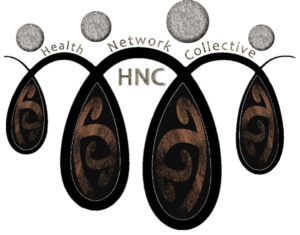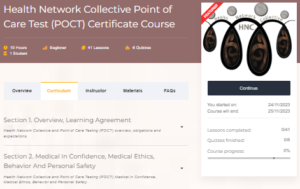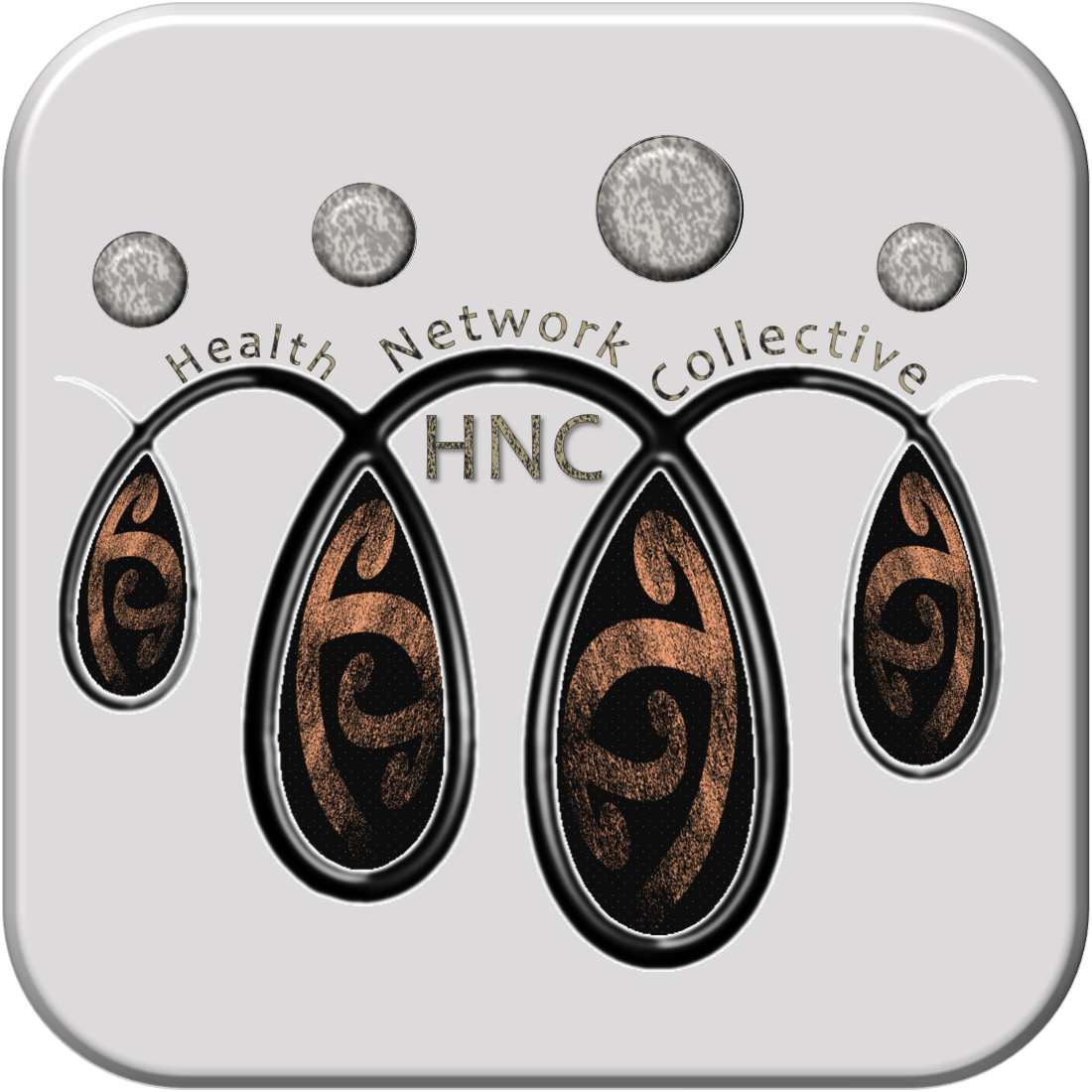This FAQ and information contained herein is for general information purpose only and is not intended for or to be used for diagnosis, treatment or any clinical use. Health Network Collective recommends seeking professional advice in the event any further advice or definitive qualified opinion is required.
Here’s some of the more common, and less common, frequently asked questions and answers. The info is based on researched and qualified materials resources and sites with references where needed. If there are any questions or information you would like to see included please do let us know by emailing us by clicking here.
Simply click on the broad category title below and it expands to reveal the sub questions, articles and news.
Health Network Collective (10)
Hepatitis C Virus (HCV) infection is a prevalent global community concern in response to which, recently developed Direct Acting Antiviral Drugs (DAA’s) offer significant opportunity for not only cure of individuals, but elimination of HCV as a global public health threat.
In regard to this, one hundred and ninety-four countries have become signatories to the World Health Organisation (WHO) strategy for elimination of HCV by 2030. Nine countries are on track to this goal.
People who inject drugs (PWID) represent both the priority population most at risk of HCV infection and due to the illegal nature of injecting illicit drugs, a highly stigmatised and vulnerable population that is extremely hard to reach in terms of providing health care, including diagnosis and treatment of HCV.
A key resource to facilitate HCV treatment of PWID involves harnessing the peer workforce of those with lived and living experience of injecting. Peers, in this definition, have the advantage of being understood and accepted as frontline workers by PWID.
(in a nutshell – finding people who are infected is REALLY DIFFICULT!!?)
Kaiawhina or peer-led HCV antibody Point of Care Testing (POCT), as part of general population screening, is largely an uncoordinated and unregulated exercise, spearheaded by people (kaiawhina / peers) with lived and living experience of HCV risk factors, including injecting illicit drugs.
Additionally, while this community of informally qualified practitioners is involved in peer-led POCT testing, their skills, knowledge and expertise are unrecognised, this leads to a disconnect between their practice and its positive outcomes, e.g., identifying HCV exposed wai ora (those seeking wellness), and subsequent integration with formalised diagnosis, treatment and cure.
This disconnect refers to the lack of an effective “handover” from kaiawhina / peer testers to established systems impacting kaiawhina / peer relationship with wai ora through navigation of treatment, continuation of care and beyond.
To increase efficacy of “handover”, it is proposed to research and explore the following question:
How can we improve efficacy of an informally qualified community of testers and facilitate their structured inclusion in established systems through leveraging Emerging Disruptive Technology (EDT) and associated technologies?
This research intended impact is to contribute to development of solutions to facilitate;
- formalisation, recognition and transparency of skill or qualification
- allowing kaiawhina / peers to be supported in maintaining contact and relationships with wai ora, to navigate them through their treatment and continuation of care
- kaiawhina / peers being supportively engaged in enhancing predominately under resourced, under financed and over committed primary and secondary medical care systems
The successful implementation of the proposed improved handover would contribute to financial benefits, accessibility, and viability of widespread general population testing towards global 2030 elimination goals.
Link to survey here
Notification or discovery of individuals, groups, organisations or any entity charging money, goods or exchange of services for access to the service(s) offered or provided by use of, or through, this application will result in immediate deletion of account.
No use of this application, associated data or the application for any use other than intended use is permitted. The application and associated use of the application is monitored. Any misuse, attempt at misuses or associated activities will result in deletion of account and deletion of accounts of individuals or groups suspected of involvement.
To be issued a login for this app the application and system needs to be active in you country. For those being tested a positive test result will generate a login that will be sent to you with test results and next steps. For those interested in being testers, you will need to apply for, start and complete the online micro-credential training in this application. Qualification will generate your login.
To enquire for services or further information please go to https://hoopernewton.com and complete the online contact form. Health Network Collective advocates for access to health care and the elimination of community prevalent conditions as public health threats, and are willing to undertake appropriate level discussions to help facilitating this. Health Network Collective will ensure that appropriate links to care and supporting elements are in place prior to any deployment of this application.
Health Network Collective is a registered New Zealand Incorporated Charity. Intellectual Properties, with R&D, are owned and managed by HooperNewton.com. Deployments of the application may be managed by national or local services managing health in the deployment area of operations. This national or local deployed instance management is limited to clinical supervision and provision of links to definitive testing and supply of treatment. This may extend to monitoring, national or local deployment arrangements will dictate the level management.
To enquire for services or further information please go to https://hoopernewton.com and complete the online contact form.
Name, email, mobile, general location (country, district, town) and test result personal details requested. This data is used by us for this application access. This data is shared (with your permission) to enable definitive RNA tests and access to treatment with local laboratory and or health services. Strictly no other sharing of data occurs or is permitted. This application and respective data is covered under HNC Privacy Policy, GPDR, CCPA, and New Zealand Privacy Act 2020 located at Privacy Policy of HealthNetworkCollective.com. For copies of or deletion of your data email admin@hoopernewton.com
About us Analysis Charitable Trust Charity Coming Soon Contact course development education HCV test Health Network Collective HealthNetworkCollective HooperNewton.com learning management system LMS Masters membership memberships Micro-Credential Mobile Application MTF NZQA POCT point of care test R&D Research and Development Survey technology testing training Who we are
Anyone has the potential to become a tester. Ideally testers will be part of an existing entity that has access into or works with marginalised, low income, PWID or challenging to access populations and individuals. Ethnic and equity health providers are welcomed. Health network Collective does need to be active in your country although exceptions for certain entities working with vulnerable populations is always a welcomed consideration for support.
Hepatitis C (HCV) Testing (1)
Anyone has the potential to become a tester. Ideally testers will be part of an existing entity that has access into or works with marginalised, low income, PWID or challenging to access populations and individuals. Ethnic and equity health providers are welcomed. Health network Collective does need to be active in your country although exceptions for certain entities working with vulnerable populations is always a welcomed consideration for support.
PCR RNA Test (1)
Anyone has the potential to become a tester. Ideally testers will be part of an existing entity that has access into or works with marginalised, low income, PWID or challenging to access populations and individuals. Ethnic and equity health providers are welcomed. Health network Collective does need to be active in your country although exceptions for certain entities working with vulnerable populations is always a welcomed consideration for support.
Point of Care Test (POCT) (2)
About us Analysis Charitable Trust Charity Coming Soon Contact course development education HCV test Health Network Collective HealthNetworkCollective HooperNewton.com learning management system LMS Masters membership memberships Micro-Credential Mobile Application MTF NZQA POCT point of care test R&D Research and Development Survey technology testing training Who we are
Anyone has the potential to become a tester. Ideally testers will be part of an existing entity that has access into or works with marginalised, low income, PWID or challenging to access populations and individuals. Ethnic and equity health providers are welcomed. Health network Collective does need to be active in your country although exceptions for certain entities working with vulnerable populations is always a welcomed consideration for support.
Research and Development (2)
Hepatitis C Virus (HCV) infection is a prevalent global community concern in response to which, recently developed Direct Acting Antiviral Drugs (DAA’s) offer significant opportunity for not only cure of individuals, but elimination of HCV as a global public health threat.
In regard to this, one hundred and ninety-four countries have become signatories to the World Health Organisation (WHO) strategy for elimination of HCV by 2030. Nine countries are on track to this goal.
People who inject drugs (PWID) represent both the priority population most at risk of HCV infection and due to the illegal nature of injecting illicit drugs, a highly stigmatised and vulnerable population that is extremely hard to reach in terms of providing health care, including diagnosis and treatment of HCV.
A key resource to facilitate HCV treatment of PWID involves harnessing the peer workforce of those with lived and living experience of injecting. Peers, in this definition, have the advantage of being understood and accepted as frontline workers by PWID.
(in a nutshell – finding people who are infected is REALLY DIFFICULT!!?)
Kaiawhina or peer-led HCV antibody Point of Care Testing (POCT), as part of general population screening, is largely an uncoordinated and unregulated exercise, spearheaded by people (kaiawhina / peers) with lived and living experience of HCV risk factors, including injecting illicit drugs.
Additionally, while this community of informally qualified practitioners is involved in peer-led POCT testing, their skills, knowledge and expertise are unrecognised, this leads to a disconnect between their practice and its positive outcomes, e.g., identifying HCV exposed wai ora (those seeking wellness), and subsequent integration with formalised diagnosis, treatment and cure.
This disconnect refers to the lack of an effective “handover” from kaiawhina / peer testers to established systems impacting kaiawhina / peer relationship with wai ora through navigation of treatment, continuation of care and beyond.
To increase efficacy of “handover”, it is proposed to research and explore the following question:
How can we improve efficacy of an informally qualified community of testers and facilitate their structured inclusion in established systems through leveraging Emerging Disruptive Technology (EDT) and associated technologies?
This research intended impact is to contribute to development of solutions to facilitate;
- formalisation, recognition and transparency of skill or qualification
- allowing kaiawhina / peers to be supported in maintaining contact and relationships with wai ora, to navigate them through their treatment and continuation of care
- kaiawhina / peers being supportively engaged in enhancing predominately under resourced, under financed and over committed primary and secondary medical care systems
The successful implementation of the proposed improved handover would contribute to financial benefits, accessibility, and viability of widespread general population testing towards global 2030 elimination goals.
Link to survey here
About us Analysis Charitable Trust Charity Coming Soon Contact course development education HCV test Health Network Collective HealthNetworkCollective HooperNewton.com learning management system LMS Masters membership memberships Micro-Credential Mobile Application MTF NZQA POCT point of care test R&D Research and Development Survey technology testing training Who we are
Survey (1)
About us Analysis Charitable Trust Charity Coming Soon Contact course development education HCV test Health Network Collective HealthNetworkCollective HooperNewton.com learning management system LMS Masters membership memberships Micro-Credential Mobile Application MTF NZQA POCT point of care test R&D Research and Development Survey technology testing training Who we are


